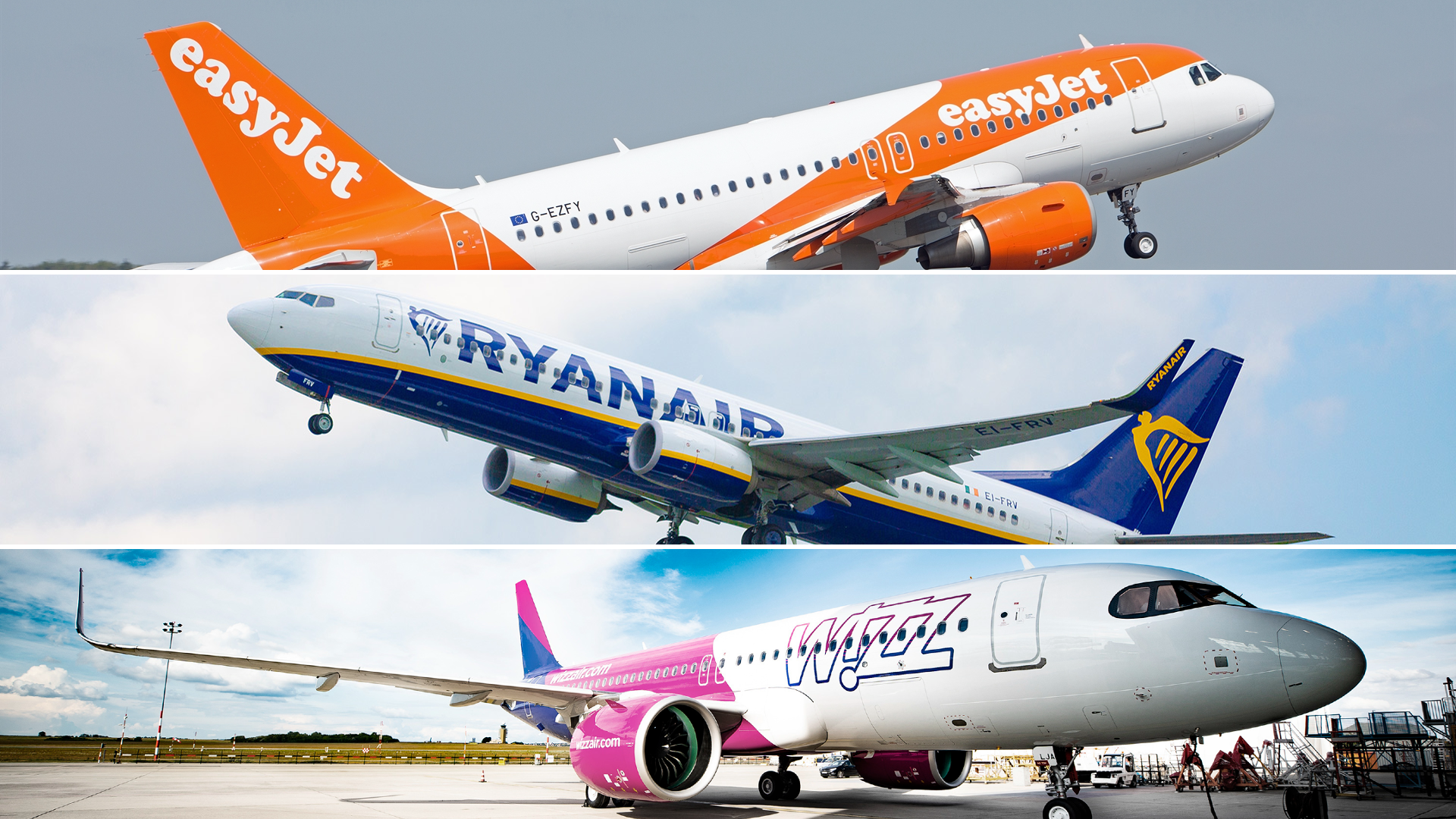easyJet, Ryanair, and Wizz Air have collectively criticised the European Union’s (EU) new draft proposal a day after the proposal’s publication on June 18. The draft plans have proposed that international flights departing or landing in Europe from non-European countries will be excluded from reporting for at least two years. The parties deemed the exemption “misguided, unscientific, and flawed.”
The three carriers argued in a statement: “The bottom line is that we absolutely cannot end up with a blank dataset for the entire extra-EEA portion of European aviation – this outcome would be both counterproductive and detrimental to climate action.”
Under the revised EU emissions trading system (ETS) directive, airlines will conduct monitoring, reporting, and verification (MRV) of non-CO2 emissions – such as contrails, nitrogen oxide, soot particles, and oxidised sulphur species. The directive provides that airlines should begin reporting from the start of next year.
“The non-CO2 effects make up two-thirds of aviation’s total climate impact,” said an EU Commission spokesperson. “So, with this new system in place, transparency will be increased with more data on the aviation climate impact.”
The three low-cost carriers hit back at the proposed exemption in a joint statement: “Extra-European Economic Area (EEA) long-haul flights already account for 75% of European aviation’s carbon emissions. They also operate in geographical regions where contrail formations are most abundant and potentially most harmful.
“Their exclusion from this research would therefore not only lead to incomplete data, it would undermine the purpose of the MRV to broaden our knowledge and understanding of non-CO2 effects in different places around the world and during different times and weather conditions.”
The retaliation follows a report in April by the Financial Times where the International Air Transport Association’s (IATA) director general Willie Walsh had privately lobbied the EU to lessen its scope by only applying its rules to flights within the EU. Walsh had reportedly said in the letter that airlines were concerned that the methodology for non-CO2 MRV was “feared insufficiently mature to measure non-CO2 emissions accurately, or to help address their mitigation effectively.”
IATA had called for “urgent action” from the aviation industry to provide more data on the climate impact of contrails in May. The report called for greater research and technological development, as well as recommending policy frameworks to assess contrails. “The industry and its stakeholders are working to address the impact of non-CO2 emissions on climate change, particularly contrails,” said Walsh.
He continued: “To ensure that this effort is effective and without adverse effects, we must better understand how and where contrails form and shrink the uncertainties related to their climate impact.”
In its joint letter, easyJet, Ryanair, and Wizz said: “We do not yet fully understand the impact of non-CO2 effects. It is therefore vital that we advance the science around aviation’s non-CO2 warming effects, as currently, the level of uncertainty around non-CO2 is too high to formulate effective policy.”
The EU’s new directive would help set in motion this scientific data gathering, which would in turn facilitate a greater understanding of the effects of non-CO2 emissions. However, with the omission of non-intra-EEA flights, the three low-cost carriers argued this would render the MRV scheme’s purpose as futile, as well undermining the validity of the data.
The joint statement added: “We continue to urge the European Commission in the strongest terms either to uphold the original scope of the MRV or retain it for EU carriers while using default values for any data not submitted by non-EU carriers, which would still provide a credible set of data and a fair representation of non-CO2 effects across all of European aviation (including both short-haul and long-haul).”
In its letter, the three carriers claimed that the exemption of extra-EEA routes would “give the misleading impression that these routes create no non-CO2 warming effectives, misdirecting all future non-CO2 mitigation measures.” It added that the reputation of low-cost airlines would “take the brunt” of negative attention through the exemption proposed by the EU.
The draft will be first presented to member states in the climate change expert group before a four-week period of public feedback on the proposal is launched. During that period, the commission will gather views and insights from stakeholders. That feedback will be presented to member states in the climate change committee before it is formally adopted through a majority vote.
Top European low-cost airlines slam EU’s exemption for long-haul non-CO2 emissions reports

